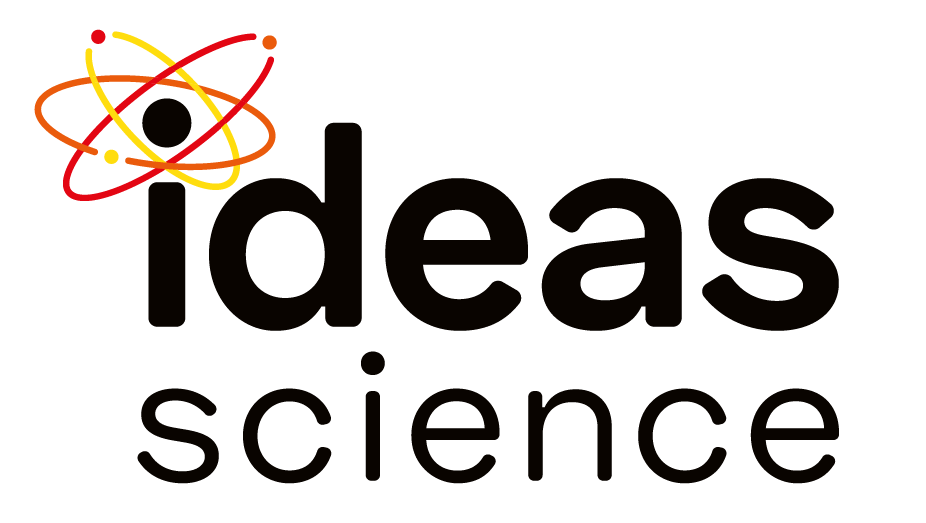September 2022 marked a pivotal moment for climate science innovation. The I-CISK (Innovating Climate services through Integrating Scientific and local Knowledge) European project held a two-day meeting in Münster to showcase and discuss the first year’s results and plan activities for the upcoming year.
The attendees participated in rich dialogues, sharing ideas and experiences on how to develop climate services that bridge the gap between scientific and local knowledge. The focus of the meeting revolved around presenting the year-one outcomes and discussing plans for the activities ahead for the development team.
Introducing the CityZcan Prototype
One of the highlights of the event was the introduction of the homegrown CityZcan system prototype. This state-of-the-art system is capable of real-time data collection and storage from a myriad of sensors, including a thermal camera, a high-resolution camera module, a particle sensor, a gas sensor, as well as temperature and humidity sensors.
In terms of communication capabilities, the system comes with integrated modules like Wi-Fi, Ethernet, and GSM for mobile communication. Users can view and control the collected data through an HTML interface, while data storage and sharing are handled via the system’s own server.
By utilizing the CityZcan system, residents can gather real-time data on hotspots and air pollution levels. This powerful tool promises to advance effective environmental protection measures and help create healthier living conditions for all.
The I-CISK project continues to pave the way for a better understanding of climate change by fusing scientific and community-based solutions. Stay tuned for more updates as we strive to bring groundbreaking climate services to the forefront.
#ICISK #ClimateServices #CityZcan #Innovation #Environment #CommunityEngagement

